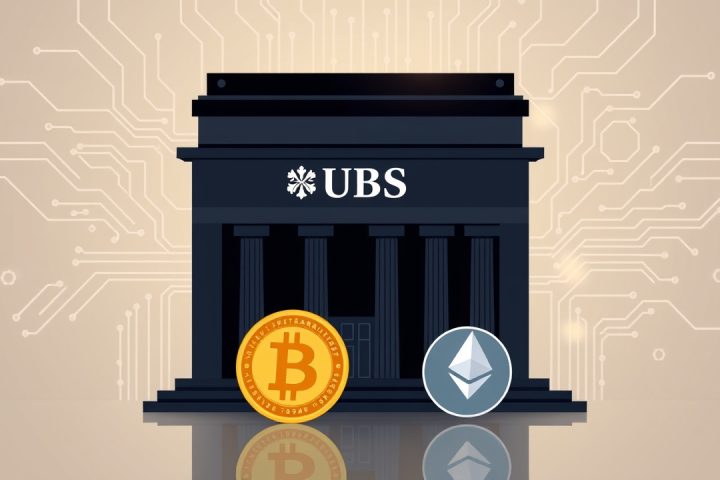PulseChain: A Rising Star in the Cryptocurrency Landscape
In a notable shift within the cryptocurrency landscape, PulseChain is rapidly emerging as a preferred blockchain solution for Ethereum developers as of July 31, 2025, in London. The impressive performance of PulseChain, characterized by expedited transaction processing and low gas fees, has positioned it as an appealing option for various Ethereum projects that are searching for enhanced scalability and efficiency.
Key Advantages of PulseChain
One of the key advantages of PulseChain is its complete compatibility with Ethereum, which has facilitated a smooth transition for numerous projects seeking to migrate without requiring changes to their existing code. This seamless integration encourages developers to harness PulseChain’s capabilities while still maintaining connectivity with the larger Ethereum ecosystem.
John Roberts, PulseChain’s director, noted the significance of this shift, stating, “PulseChain has provided Ethereum projects with the scalable, low-cost environment they needed. We’re seeing tangible results as projects migrate and users benefit from significantly improved performance.”
PulseChain’s Ecosystem and Features
As Ethereum continues to face various operational challenges, the rise of PulseChain’s ecosystem and the increasing number of developers adopting its platform reinforce its status as a competitive and efficient alternative. PulseChain is not only elevating scalability and lowering costs but is also enhancing overall efficiency across sectors such as decentralized finance (DeFi), non-fungible tokens (NFTs), and more.
To bolster its usability, PulseChain has recently introduced LibertySwap, a feature that allows users to effortlessly bridge assets from several blockchains to PulseChain. This enhancement enables seamless cross-chain interactions, simplifying the process for new users looking to integrate into the PulseChain network.
About PulseChain
PulseChain is described as a Layer 1 blockchain that is fully compatible with Ethereum, aimed at addressing the ongoing scalability challenges faced by the Ethereum network. With its fast transaction speeds and minimal fees, PulseChain stands out as a more efficient alternative for both developers and users within the blockchain community, supporting a wide array of decentralized applications, including DeFi, NFTs, and smart contracts.




